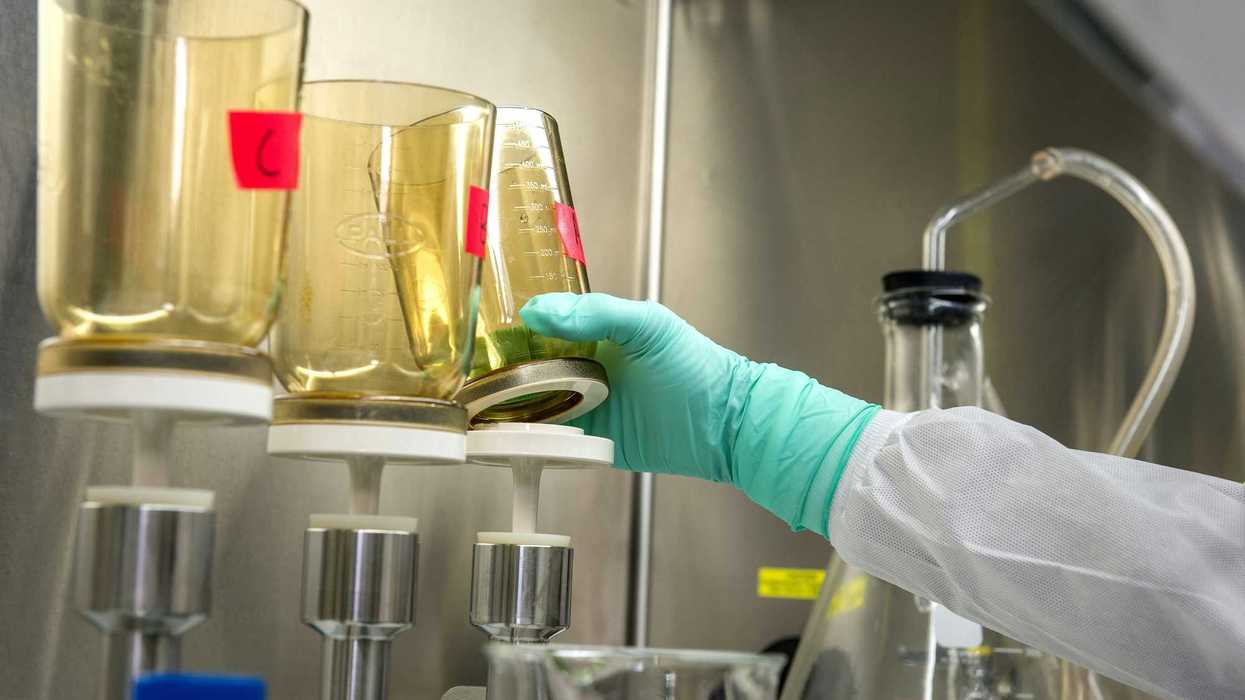Women exposed to toxic PFAS chemicals before pregnancy are more likely to experience early cessation of breastfeeding, a new study finds.
Tom Perkins reports for The Guardian.
In short:
- A study of more than 800 new mothers in New Hampshire found higher PFAS exposure correlated with an increased risk of stopping breastfeeding within six months.
- PFAS, used in products for their resistance to water, stains and heat, accumulate in humans and have been linked to severe health issues including cancer and thyroid disease.
- The research suggests that these chemicals could significantly impact the duration of breastfeeding, though socioeconomic factors also play a role.
Key quote:
“For all women who are exposed, there’s a little bit of a decrease in the amount of time they breastfeed beyond delivery.”
— Megan Romano, epidemiologist at Dartmouth University
Why this matters:
This research shows the health risks associated with PFAS exposure, emphasizing the need for stricter regulations and public awareness to protect infant nutrition and maternal health. To see an in-depth look at why and how PFAS ends up in so many everyday products, see our investigation, PFAS on our shelves and in our bodies.














